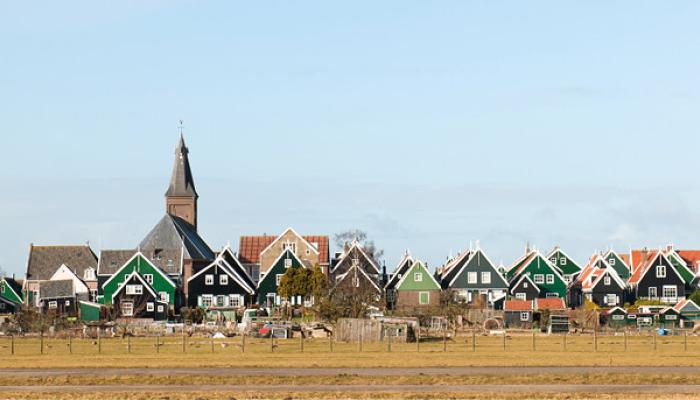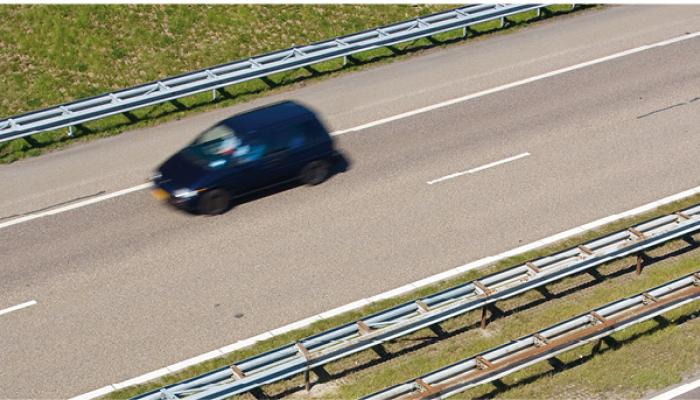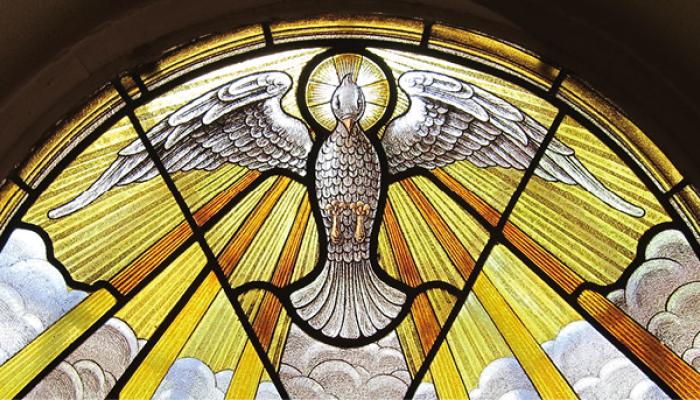
2.14 Can I be a good Christian without the Church?
Jesus knew that it would not be easy to live as a Christian. He therefore instituted the Church, in which all his followers together form a community. By means of this community, the faithful can come to God, particularly by receiving the sacraments and by living as God teaches us.
Jesus loves us so much that he was prepared to offer up his life for the Church. Whoever rejects the Church, also rejects Jesus. When people do not know the Church without fault on their part, this does not mean that they are automatically damned. However, it is much easier to come to God through the Church, and to be happy in heaven forever. God desires this for all people!
In what way is the Church holy?
The Church is holy insofar as the Most Holy God is her author. Christ has given himself for her to s
The Church is holy insofar as the Most Holy God is her author. Christ has given himself for her to sanctify her and make her a source of sanctification. The Holy Spirit gives her life with charity. In the Church one finds the fullness of the means of salvation. Holiness is the vocation of each of her members and the purpose of all her activities. The Church counts among her members the Virgin Mary and numerous Saints who are her models and intercessors. The holiness of the Church is the fountain of sanctification for her children who here on earth recognize themselves as sinners ever in need of conversion and purification. [CCCC 165]
What does it mean to say that the Church is the universal sacrament of salvation?
This means that she is the sign and instrument both of the reconciliation and communion of all of hu
This means that she is the sign and instrument both of the reconciliation and communion of all of humanity with God and of the unity of the entire human race. [CCCC 152]
What is the meaning of the affirmation “Outside the Church there is no salvation”?
This means that all salvation comes from Christ, the Head, through the Church which is his body. Hen
This means that all salvation comes from Christ, the Head, through the Church which is his body. Hence they cannot be saved who, knowing the Church as founded by Christ and necessary for salvation, would refuse to enter her or remain in her. At the same time, thanks to Christ and to his Church, those who through no fault of their own do not know the Gospel of Christ and his Church but sincerely seek God and, moved by grace, try to do his Will as it is known through the dictates of conscience can attain eternal salvation. [CCCC 171]
Who belongs to the Catholic Church?
All human beings in various ways belong to or are ordered to the Catholic unity of the people of God
All human beings in various ways belong to or are ordered to the Catholic unity of the people of God. Fully incorporated into the Catholic Church are those who, possessing the Spirit of Christ, are joined to the Church by the bonds of the profession of faith, the sacraments, ecclesiastical government and communion. The baptized who do not enjoy full Catholic unity are in a certain, although imperfect, communion with the Catholic Church. [CCCC 168]
What is the relationship of the Catholic Church with the Jewish people?
The Catholic Church recognizes a particular link with the Jewish people in the fact that God chose t
The Catholic Church recognizes a particular link with the Jewish people in the fact that God chose them before all others to receive his Word. To the Jewish people belong “the sonship, the glory, the covenants, the giving of the law, the worship, the promises, and the patriarchs; and of their race, according to the flesh, is the Christ”(Romans 9:4, 5). The Jewish faith, unlike other non-Christian religions, is already a response to the revelation of God in the Old Covenant. [CCCC 169]
What is the bond that exists between the Catholic Church and non-Christian religions?
There is a bond between all peoples which comes especially from the common origin and end of the ent
There is a bond between all peoples which comes especially from the common origin and end of the entire human race. The Catholic Church recognizes that whatever is good or true in other religions comes from God and is a reflection of his truth. As such it can prepare for the acceptance of the Gospel and act as a stimulus toward the unity of humanity in the Church of Christ. [CCCC 170]
How does the Church view other religions?
The Church respects everything in other religions that is good and true. She respects and promotes f
The Church respects everything in other religions that is good and true. She respects and promotes freedom of religion as a human right. Yet she knows that Jesus Christ is the sole redeemer of all mankind. He alone is “the way, and the truth, and the life” (Jn 14:6).
Whoever seeks God is close to us Christians. There is a special degree of “affinity” to the Muslims. Like Judaism and Christianity, Islam is one of the monotheistic religions (monotheism). The Muslims, too, revere God the Creator and Abraham as their father in faith. Jesus is considered a great prophet in the Qur’an; Mary, his Mother, as the mother of a prophet. The Church teaches that all men who by no fault of their own do not know Christ and his Church but sincerely seek God and follow the voice of their conscience, can attain eternal salvation. However, anyone who has recognized that Jesus Christ is “the way, and the truth, and the life” but is unwilling to follow him cannot find salvation by other paths. This is what is meant by the saying, Extra ecclesiam nulla salus (outside of the Church there is no salvation). [Youcat 136]
What is the task of the Church?
The Church’s task is to make the kingdom of God, which has already begun with Jesus, germinate and g
The Church’s task is to make the kingdom of God, which has already begun with Jesus, germinate and grow in all nations.
Wherever Jesus went, heaven touched earth: the kingdom of God was inaugurated, a kingdom of peace and justice. The Church serves this kingdom of God. She is not an end in herself. She must carry on what Jesus started. She should act as Jesus would act. She continues the sacred signs of Jesus (the sacraments). She hands on Jesus’ words. That is why the Church, for all her weakness, is a formidable bit of heaven on earth. [Youcat 123]
Whoever is separated from the Church... is separated from the promises of the Church... He is a stra
Whoever is separated from the Church... is separated from the promises of the Church... He is a stranger: he cannot have God as a father who does not have the Church as a mother. [St. Cyprian, On the Unity of the Catholic Church, Chap. 6 (ML 4, 502)]





